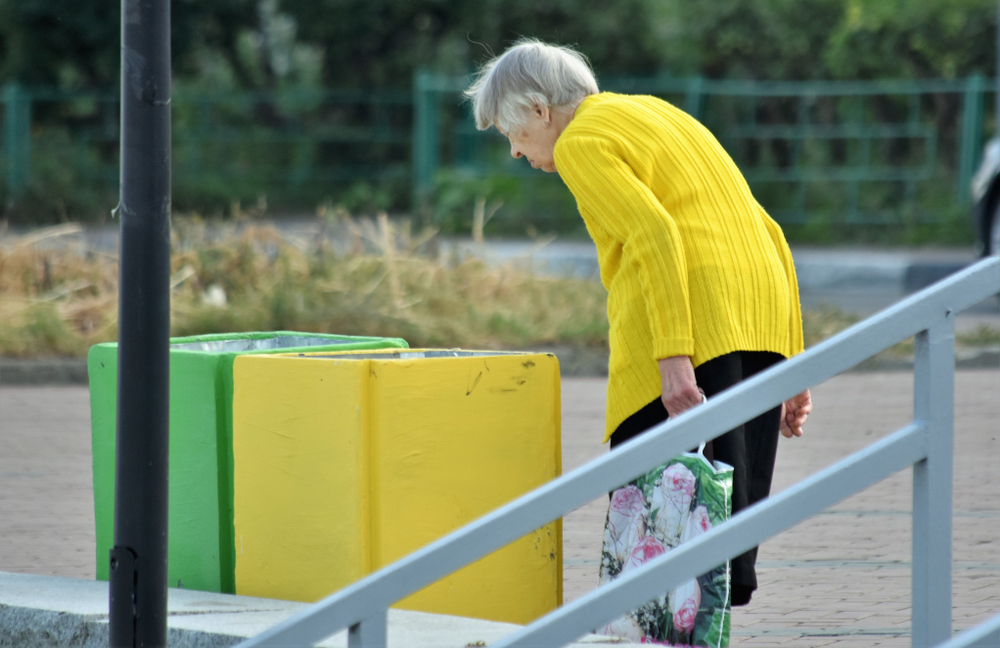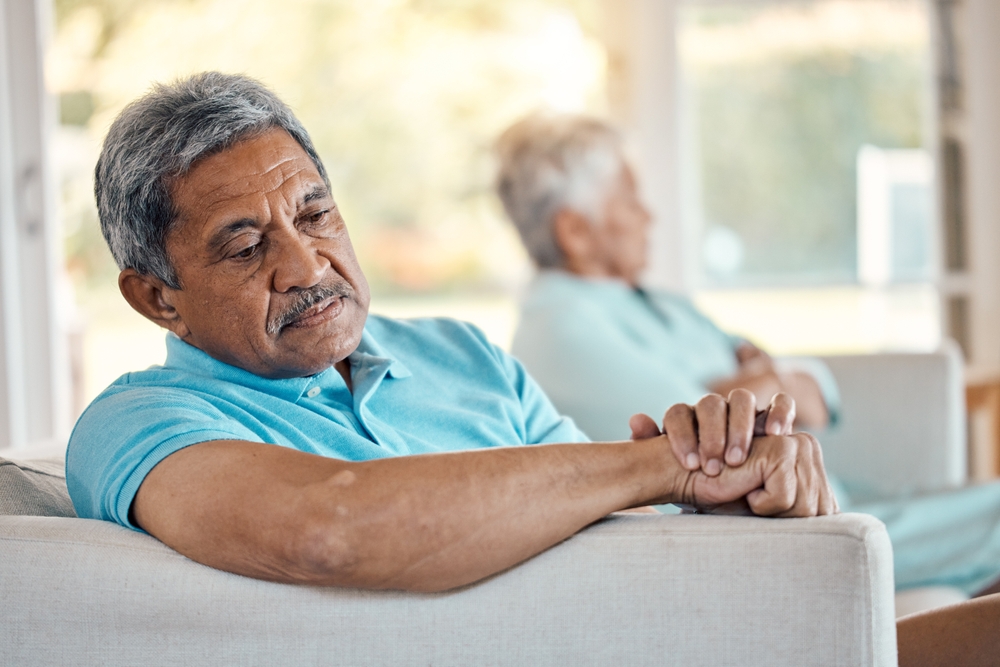Lyme Disease in the Elderly
Category:

Symptoms of Lyme Disease in the Elderly
Early symptoms of Lyme Disease include:
-
Fever, chills, and joint aches
-
A rash with a bull eye’s like appearance (a small red bump after a tick bite is common and not necessarily an indication of Lyme Disease)
-
Swollen lymph nodes
-
Intense migraines
-
Dizziness and shortness of breath
-
Difficulty with short-term memory
As you may have realized while reading that list, many of those symptoms are also common to other diseases. When speaking to your doctor about these symptoms, you must mention the time spent outdoors and if you suspect a tick bite. If antibiotics are started within two to three weeks of the tick bite, Lyme Disease can be treated and cured.
Living with Lyme Disease for Years
Unfortunately, if Lyme Disease is not caught in the very early stages, it becomes much more difficult to treat. Bad Lyme Disease that lasts for years often includes extreme fatigue, sensitivity to light, and joint pain in addition to the abovementioned symptoms. Eventually, Lyme Disease can affect the heart, nervous system, and brain causing paralysis or cognitive decline.
While late-stage Lyme Disease is not necessarily fatal on its own, it will exacerbate other health conditions. Though the symptoms can change in intensity, some days feel worse than others. If you are wondering, “will Lyme Disease go away on its own?” the answer is no.
Lyme Disease Prevention
Download Our Senior Exercising Guide
Concern about Lyme Disease in the elderly should not deter your senior loved ones from spending time outside. Some precautions you can take to prevent Lyme Disease and keep you and your loved ones safe from ticks include:
-
Wearing long sleeves and long pants when outdoors
-
If the weather won’t allow for long sleeves and pants, use insect repellent that is at least 20% DEET.
-
Stick to the center of walking paths and out of long vegetation or high grass when walking outside.
-
Once inside, throw clothes in the dyers for at least ten minutes, killing any bugs hanging on. Wash clothes with hot water if needed.
-
After spending time outdoors, do a full body tick check. Ticks like warm areas such as the scalp, ears, under arms, around the waist, behind the knees, and on the lower legs and ankles.
-
If you find a tick, carefully remove it using a pair of tweezers, getting the tweezers as close to the mouth (that is attached to the skin) as possible. Pull the tick off slowly, and clean the area with rubbing alcohol. Then teach the tick how to swim! (flush it down the toilet).
Subscribe
Date: 2022-08-09
Category:


